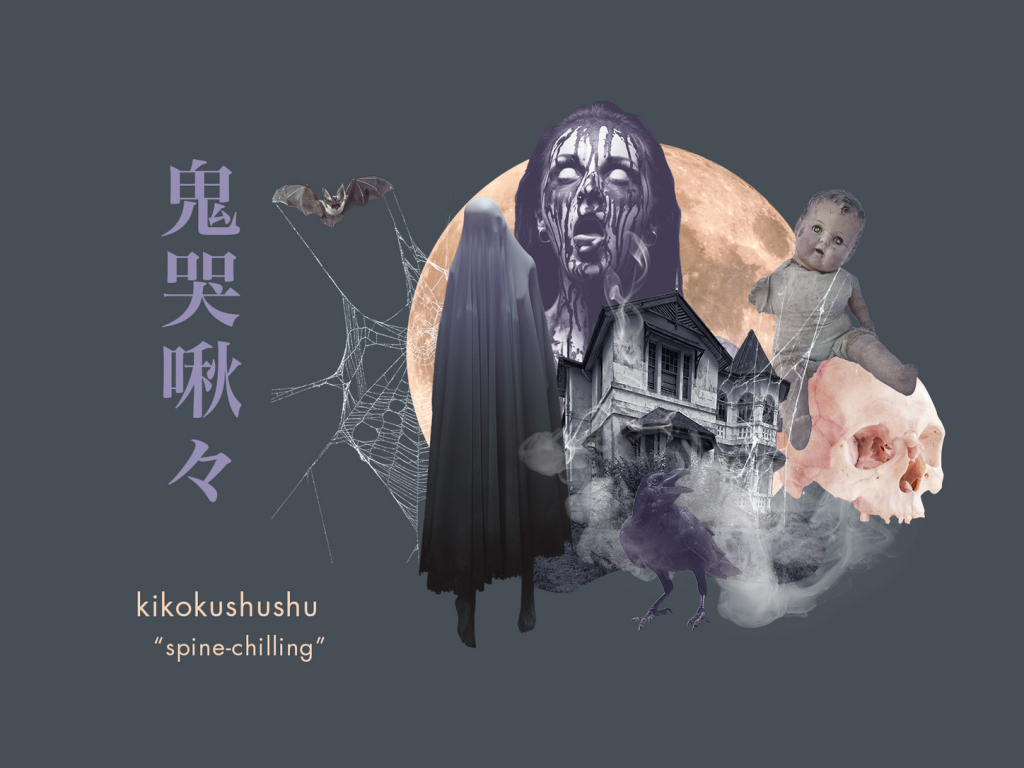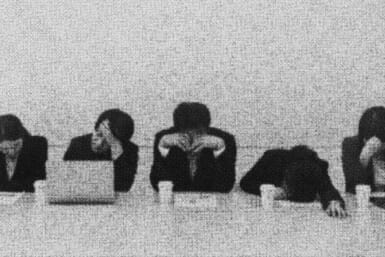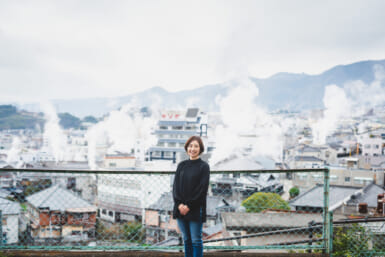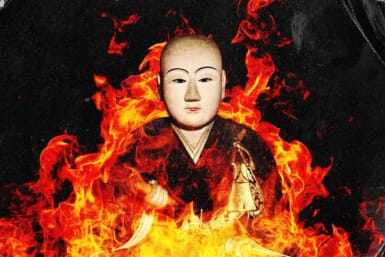‘Tis the season for spooky specters, haunting happenings and ghastly ghouls, so what better kanji compound to look into than kikokushushu, a feeling of (supernatural) terror?
Kikokushushu (鬼哭啾々)
Meaning: Spine-chilling, hair-raising, bloodcurdling, terrifying, alarming, scary
It’s usually used in two scenarios:
Case 1: A situation where a ghost is wailing or crying
Case 2: That uncanny feeling that something is “off,” hints that something dreadful is afoot, or when you see or hear something that gives you goosebumps.
Literal translation and kanji breakdown: Literally translated, kikokushushu lists the words demon (鬼), loud wailing and crying (哭), and quietly crying/whimpering (啾々). It brings forth a vivid image of something unearthly that moans then whimpers in waves. While ki (鬼) is usually read as oni and means an ogre or similar, in this case it refers to a ghost — especially a restless one. The character koku (哭) is made up of two mouths and a dog (口 and 犬), creating a strong visual for sorrowful howling into the night. Shushu (啾々 or 啾啾) is a double set of kanji to describe the soft crying of a departed soul explicitly.
Kikokushushu: The Origins
Kikokushushu can be traced back to the Tang Dynasty (618-907) poet and politician Du Fu’s poem “Song of the Wagons.” An excerpt from the last two lines reads:
“The new ghosts are angered by injustice, the old ghosts weep (鬼哭),
Moistening rain falls from dark heaven on the voices’ screeching(啾々)”
Du Fu’s work has had a huge influence on Japanese literature, especially on that of the Muromachi (1336-1573) and Edo (1603-1868) Periods. The expression Saint of Poetry (詩聖) is almost exclusively used to refer to him.
In terms of modern usage, Futaro Yamada’s manga and anime Basilisk ~ The Koga Ninja Scrolls ~ used kikokushushu as a title in episode 22 of the 2005 TV series. It also was later used as the name of a Basilisk-inspired pachinko slot game.
Kikokushushu: Related Expressions
- 阿鼻叫喚 / Abikyoukan: Agonizing cries, pandemonium, two of Buddhism’s hells
- 百鬼夜行 / Hyakkiyagyou: Nightly procession of monsters, many people plotting to do evil things, creepy characters roaming about
- 極悪非道 / Gokuakuhidou: Inhuman, atrocious, horrendous
- 魑魅魍魎 / Chimimouryou: Evil spirits of mountains and rivers
- 幽霊の正体見たり枯れ尾花 / Yurei no shoutai mitari kare obana: The ghost, when examined closely, is just a withered piece of grass; Things are not as they seem, fear makes the threat seem bigger than it is
Using “kikokushushu” in a sentence
This isn’t an expression used in daily conversation, but it is often used as a literary tool in novels and manga.
あの廃墟はまるで鬼哭啾々なもだった。Ano haikyo wa marude kikokusyusyu na mono datta. That abandoned house was but it was a site of a horror.
かつては鬼哭啾々の跡地ではあったが、今は国立公園に変わり、家族連れで賑わっている。Katsute wa kikokusyusyu no atochi de wa atta ga, ima wa kokuritsu koen ni kawari, kazoku tsure de nigiwatteiru. That used to be the site of a horror, but now it’s a national park crowded with families.
Want more? Follow our weekly Yojijukugo Japanese Idiom series, published every Friday. Learn the meaning of “chinpunkanpun” here, “yudantaiteki” here and “taifu-ikka” here.








